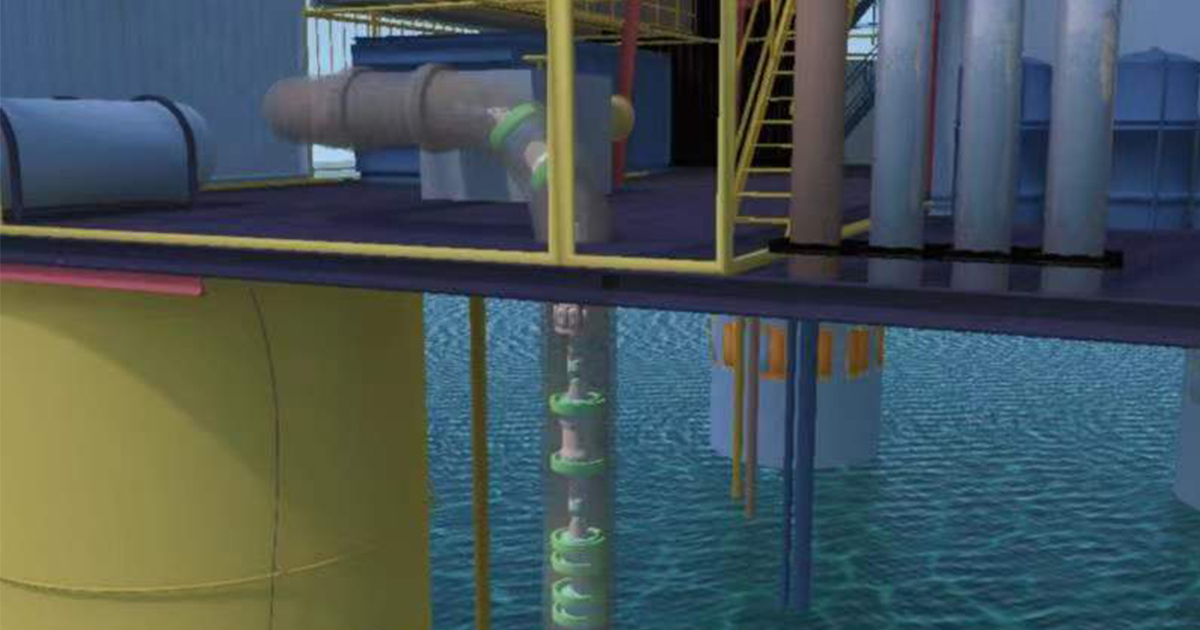- 3.2Impact Factor
- 7.3CiteScore
- 17 daysTime to First Decision
Detection and Diagnosis in Oil and Gas Pipelines
This special issue belongs to the section “K: State-of-the-Art Energy Related Technologies“.
Special Issue Information
Dear Colleagues,
Oil and gas pipelines are the most economical, safe, and effective transportation facilities for oil and gas resources, called “energy blood vessel”. At present, the total mileage of oil and gas pipelines in the world has exceeded 2.5 million kilometers, including terrestrial and submarine transportation. With the extensive laying and long-term operation of oil and gas pipelines, due to foundation change, pipe corrosion, construction quality, human-made damage, and other factors, deformation and/or damage to pipelines are inevitable. Further, the normal transmission of the pipeline may be affected, potentially leading to oil and gas leakage, environmental pollution, economic loss, and other serious problems. Therefore, pipeline safety management, detection and monitoring, fault diagnosis, accident prevention, and other issues are of great concern around the world.
This Special Issue aims to present and disseminate the most recent concepts, methods, and technological and equipment advances related to the prediction, detection, monitoring, analysis, diagnosis, and prevention of oil and gas pipeline issues based on all types of detection technologies.
Topics of interest for publication include but are not limited to:
- Basic theory of pipeline nondestructive testing;
- Application technology of pipeline nondestructive testing;
- Sensors and detection equipment;
- Signal processing and inversion evaluation;
- Pipeline defect diagnosis;
- Pipeline failure analysis;
- Pipeline integrity management;
- Pipeline online monitoring;
- Automation, intelligence, and visualization of pipeline diagnosis;
- Safety and reliability of pipeline inspection;
- Other pipeline inspection and diagnosis methods, technologies, and applications.
Prof. Dr. Songling Huang
Prof. Dr. Xiaochun Song
Dr. Lisha Peng
Guest Editors
Manuscript Submission Information
Manuscripts should be submitted online at www.mdpi.com by registering and logging in to this website. Once you are registered, click here to go to the submission form. Manuscripts can be submitted until the deadline. All submissions that pass pre-check are peer-reviewed. Accepted papers will be published continuously in the journal (as soon as accepted) and will be listed together on the special issue website. Research articles, review articles as well as short communications are invited. For planned papers, a title and short abstract (about 250 words) can be sent to the Editorial Office for assessment.
Submitted manuscripts should not have been published previously, nor be under consideration for publication elsewhere (except conference proceedings papers). All manuscripts are thoroughly refereed through a single-blind peer-review process. A guide for authors and other relevant information for submission of manuscripts is available on the Instructions for Authors page. Energies is an international peer-reviewed open access semimonthly journal published by MDPI.
Please visit the Instructions for Authors page before submitting a manuscript. The Article Processing Charge (APC) for publication in this open access journal is 2600 CHF (Swiss Francs). Submitted papers should be well formatted and use good English. Authors may use MDPI's English editing service prior to publication or during author revisions.
Keywords
- oil and gas pipeline
- nondestructive testing
- online monitoring
- sensing technology
- signal processing
- fault diagnosis
- failure analysis
- defect evaluation
- pipeline integrity management

Benefits of Publishing in a Special Issue
- Ease of navigation: Grouping papers by topic helps scholars navigate broad scope journals more efficiently.
- Greater discoverability: Special Issues support the reach and impact of scientific research. Articles in Special Issues are more discoverable and cited more frequently.
- Expansion of research network: Special Issues facilitate connections among authors, fostering scientific collaborations.
- External promotion: Articles in Special Issues are often promoted through the journal's social media, increasing their visibility.
- e-Book format: Special Issues with more than 10 articles can be published as dedicated e-books, ensuring wide and rapid dissemination.

